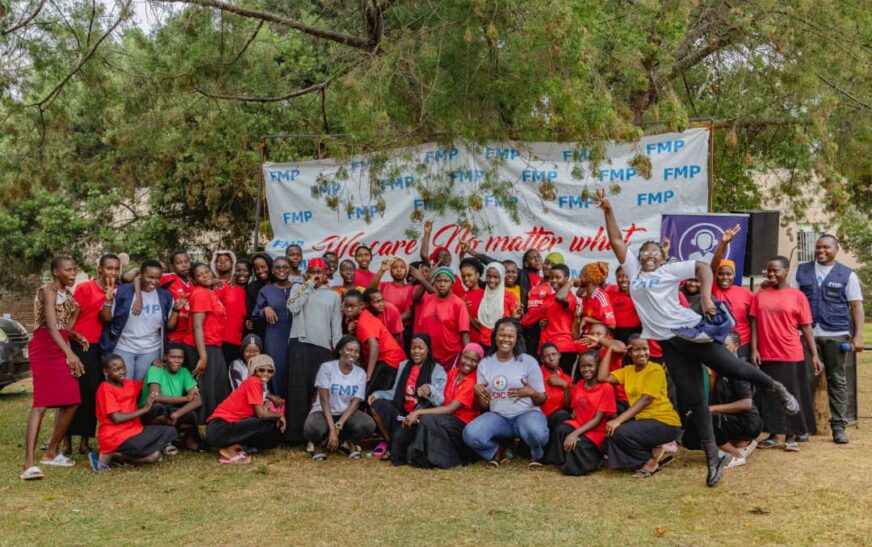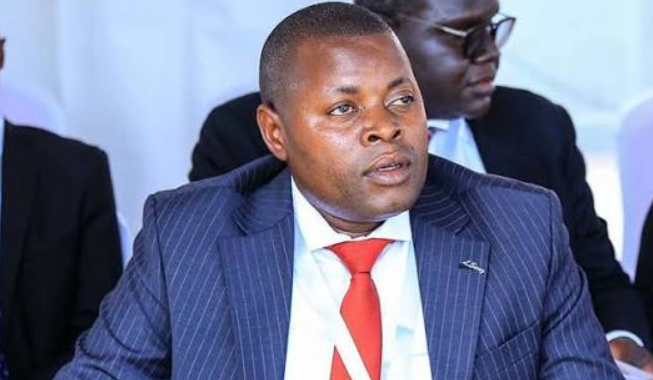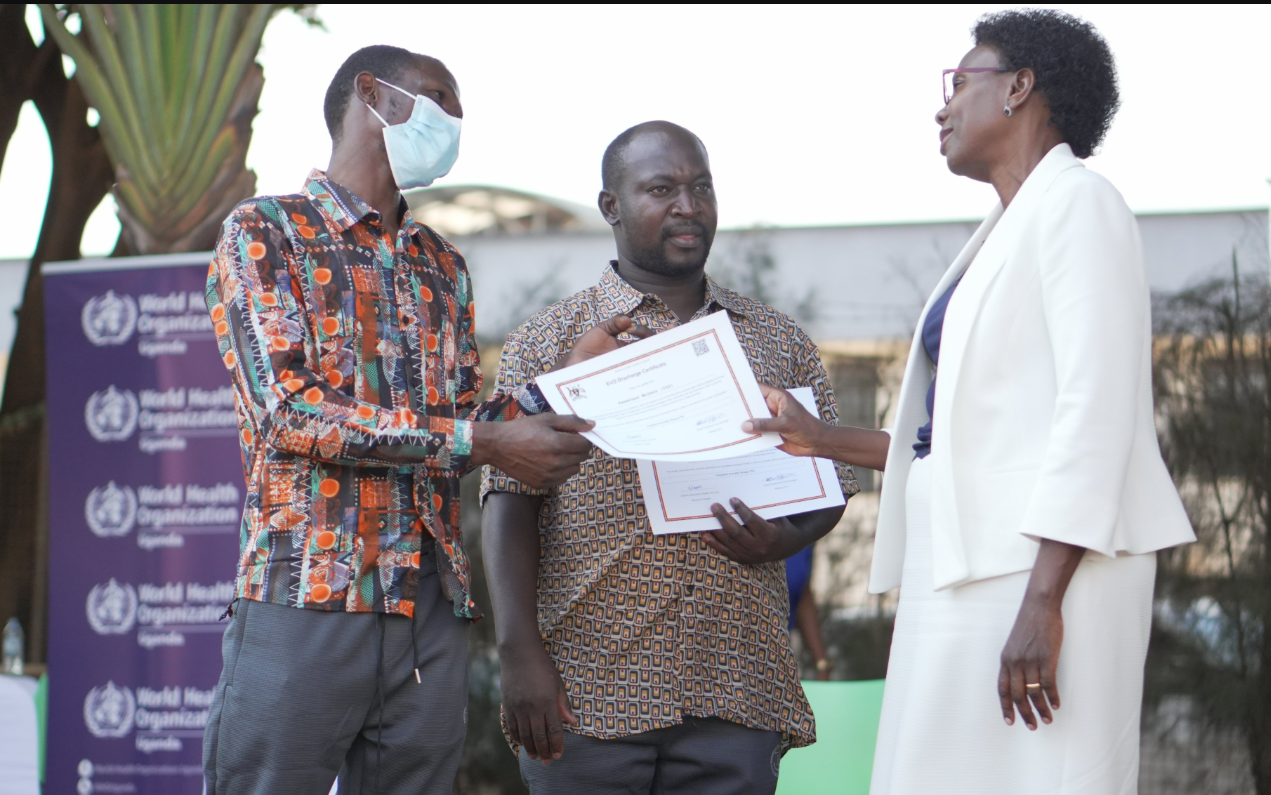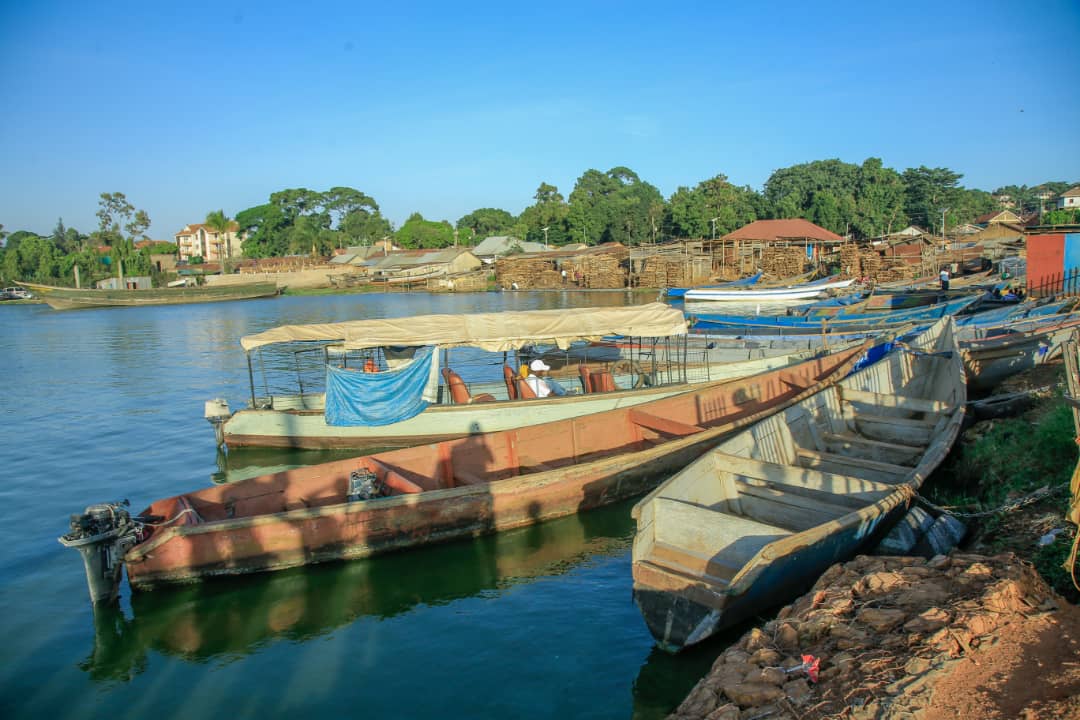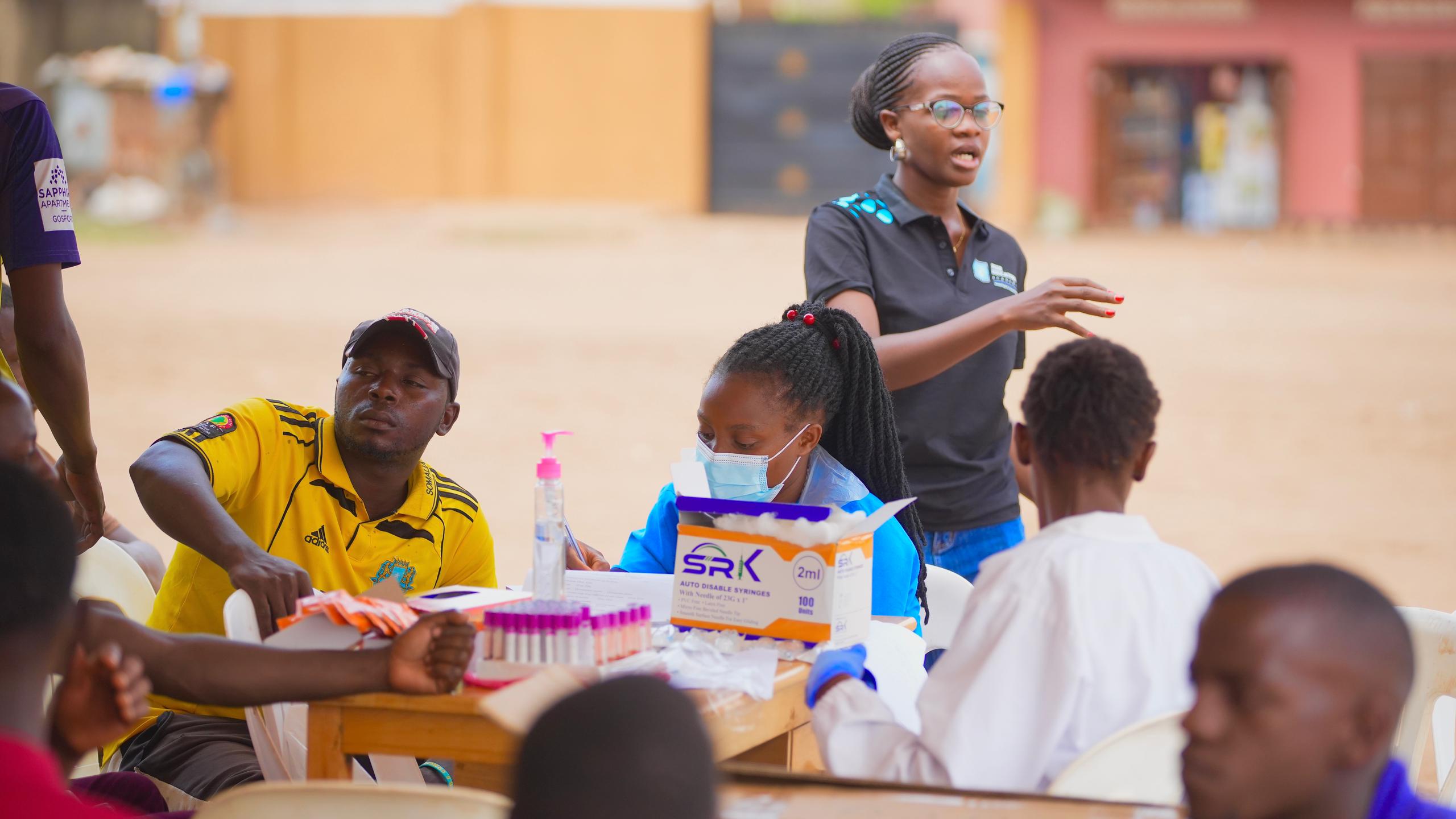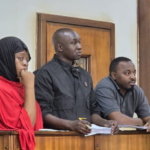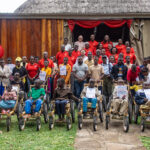Amidst the growing concern of teenage pregnancy in Uganda, the Family Medical Point has taken proactive steps to educate young girls, empowering them to make informed decisions about their bodies and futures.
According to the World Health Organization (WHO), the global rate of teenage pregnancies has significantly declined in recent decades. Adolescent birth rates dropped from 64.5 births per 1,000 women aged 15–19 years in 2000 to 41.3 births per 1,000 in 2023.
Despite this downward trend, Uganda continues to face high teenage pregnancy rates, with 25% of girls aged 15–19 having had a child or being pregnant. This remains one of the highest rates in sub-Saharan Africa.
Cultural and religious norms often make adolescent sexuality a sensitive subject, leading to stigma and marginalization for pregnant girls. The long-term effects are severe, with nearly 60% of school dropouts in Uganda attributed to pregnancy, and many affected girls never returning to the education system.
During an outreach event on International Women’s Day at Entebbe Girls Secondary School in Kigungu, Polyne Nabwire, Head of Programs at Family Medical Point said through interactive health talks, drama skits, and music, they provided young girls with crucial sexual and reproductive health information to help them make informed choices.
She said Uganda continues to struggle with high teenage pregnancy rates, particularly in fishing communities like Kigungu, where socio-economic vulnerabilities heighten the risk. Many young girls in these areas face the harsh realities of unsafe abortions and school dropouts, with studies showing that 22.3% of girls aged 14 to 18 leave school due to pregnancy.
“We believe that investing in girls today means securing a healthier, more equitable future for all. By equipping them with the right knowledge and support, we are not only protecting their health but also safeguarding their dreams,” Nabwire stated.
Claire Twesigye, Programs Director at FAB’s Girls and Women, echoed this sentiment, stressing the importance of empowering young girls to make informed decisions.
“Being a school based near a landing site, girls are exposed to men and the vices associated with the environment. Educating them on how to protect themselves against teenage pregnancy and early marriages is the best we can do,” she said.
Twesigye further emphasized the role of education in equipping girls with knowledge about their bodies and futures. “Once they have this foundation, they will be able to protect themselves against teenage pregnancies and work toward a brighter future.”
Ahead of the 2025/26 budget, Esther Julie Apio, Team Leader at Voices for Health and Development, urged the government to prioritize reducing taxes on sanitary towels to increase accessibility.
“The government should make sanitary pads and menstrual cup more accessible by subsidizing their cost. This policy would support girls in schools,” she stated. She also advised girls to maintain good hygiene during their periods to prevent infections.
Namuleme Tahiya Nana, Head Prefect at Entebbe Girls Secondary School, linked teenage pregnancies to early marriages, materialism, poverty, permissiveness, and cultural beliefs.
“Many of us come from poor families that struggle to provide basic needs. As girls, we have desires for expensive items, which sometimes lead us into engaging in relationships we shouldn’t, including with older men, resulting in teenage pregnancies,” she said.
She encouraged young girls to abstain from sex until the right time and to stay close to their faith, as religious teachings discourage premarital sex.
“As Muslims, our parents and religious leaders teach us not to be intimate before marriage. This guidance helps us abstain from sex and avoid teenage pregnancies,” she said.
She also highlighted the challenges girls face in different environments. “Nowhere is completely safe for a girl not home, school, work, or the community. The only safe place is within yourself, by making the right choices and keeping yourself safe.”
Florence Blessing, a Senior Four student at Entebbe Girls Secondary School, pointed out that poverty often drives young girls into exploitative relationships.
“Some families cannot afford basic needs, pushing young girls towards older men who promise to provide for them but ultimately exploit them,” she explained.
She urged girls to avoid romantic relationships at an early age and focus on education. “Whenever you feel tempted, remind yourself that you are in control. Always listen to your teachers and parents,” she advised.

